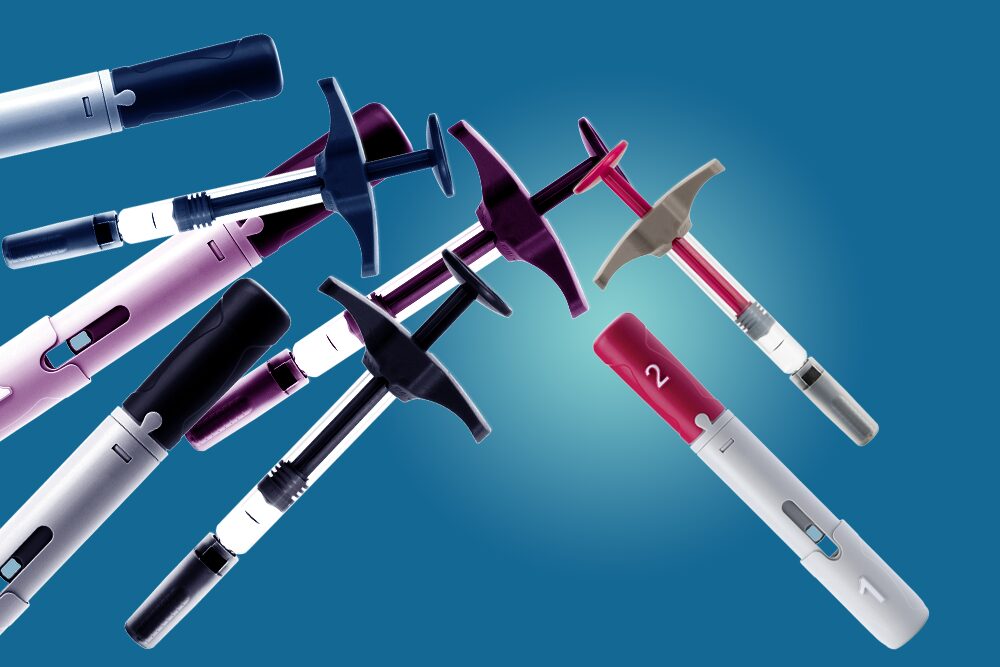According to various estimates, immunologic drugs have helped over 5 million patients globally in managing debilitating immune mediated diseases like rheumatoid arthritis, Crohn’s disease, and ulcerative colitis. However, access to these treatments continues to remain a challenge due to their high costs. Analysts believe the entry of biosimilars of Humira – one of the top selling drugs globally used to treat various immune disorders – may help alleviate this issue to some extent.
Humira and the market it commands
Developed by AbbVie, Humira (adalimumab) is a monoclonal antibody that targets tumor necrosis factor-alpha (TNFα). Since its approval in 2002, it has revolutionized the treatment of various chronic inflammatory diseases. It is approved for diseases like rheumatoid arthritis, juvenile idiopathic arthritis, psoriatic arthritis, ankylosing spondylitis, Crohn’s disease, ulcerative colitis amongst others.
Humira Biosimilar has become the highest selling drug in the world, garnering over $20 billion in global sales in 2021 alone for AbbVie. It accounts for over 60% of AbbVie’s total revenue currently. This dominance has enabled AbbVie to raise Humira’s prices exponentially over the years in the US despite facing numerous controversies over its affordability.
Rising costs have restricted access to Humira for many patients and healthcare systems across the world. This is where biosimilars can play a crucial role by providing clinically equivalent treatment options at significantly lower costs. Analysts predict the global Humira biosimilars market to exceed $5 billion by 2025.
Emergence of Humira biosimilars
The first Humira biosimilar – Imraldi by Samsung Bioepis – was approved by the European Medicines Agency (EMA) in October 2018. Since then, multiple Humira biosimilars including Idacio by Sandoz, Hyrimoz by Sandoz and Cyltezo by Boehringer Ingelheim have been granted approval in major global markets.
In the US, the entry is still awaited with the earliest approval expected to be for Amjevita by Amgen and Samsung Bioepis in late 2023. This delay vs. Europe is primarily due to patents protecting Humira which are slated to expire in the US only post 2023. The impending patent cliff and expected approvals have impacted AbbVie’s valuation on the stock market already.
Leading the way – European uptake of Humira biosimilars
Europe has emerged as the hotbed for Humira biosimilar adoption globally with sales crossing over a billion dollars within a short span. Multiple factors have contributed to this – preference of EU payers for biosimilars due to anticipated cost savings, interchangeability rules permitting automatic substitution of biosimilars, and proactive country level tenders and guidelines favoring uptake.
For instance, the UK’s National Health Service (NHS) was amongst the first major systems to have a tender for etanercept and adalimumab which was won by a consortium of biosimilar suppliers delivering savings of over half a billion pounds to the exchequer over 5 years. Similarly, countries like Norway, Denmark, and Germany have witnessed swift transitions to Humira biosimilars in rheumatology and gastroenterology settings.
This rapid adoption in the largest pharmaceutical market has emboldened other regions and payers to consider early uptake of Humira biosimilars. Savings from biosimilars are being increasingly re-invested to expand access to biologics for more patients. Additionally, competition has enabled further price reductions of the originator product in select European countries as well.
Challenges to uptake in the US
While US analysts forecast around 30-40% Humira biosimilar penetration within the first year of availability, hurdles remain that may diminish this potential. First, interchangeability rules are still evolving and automatic substitution may not become a reality for all settings in the near-term. Second, AbbVie has adopted aggressive contracting and rebate tactics to retain dermatology claims less impacted by cost concerns.
Thirdly, lack of proactive countrywide coordinated biosimilar policies means individual health plans and medical societies will influence uptake basis their treatment practices and formulary listings for biosimilars over time. This variability could undermine the level playing field expected under a competitive marketplace envisioned by regulators.
AbbVie is also raising concerns over automatic substitution citing concerns around immunogenicity despite industry experts vouching for EU substitution experience. It remains to be seen if the imminent generic and biosimilar competition enables US payers, physicians, and patients to reap in the same levels of savings as Europe in the long run.




